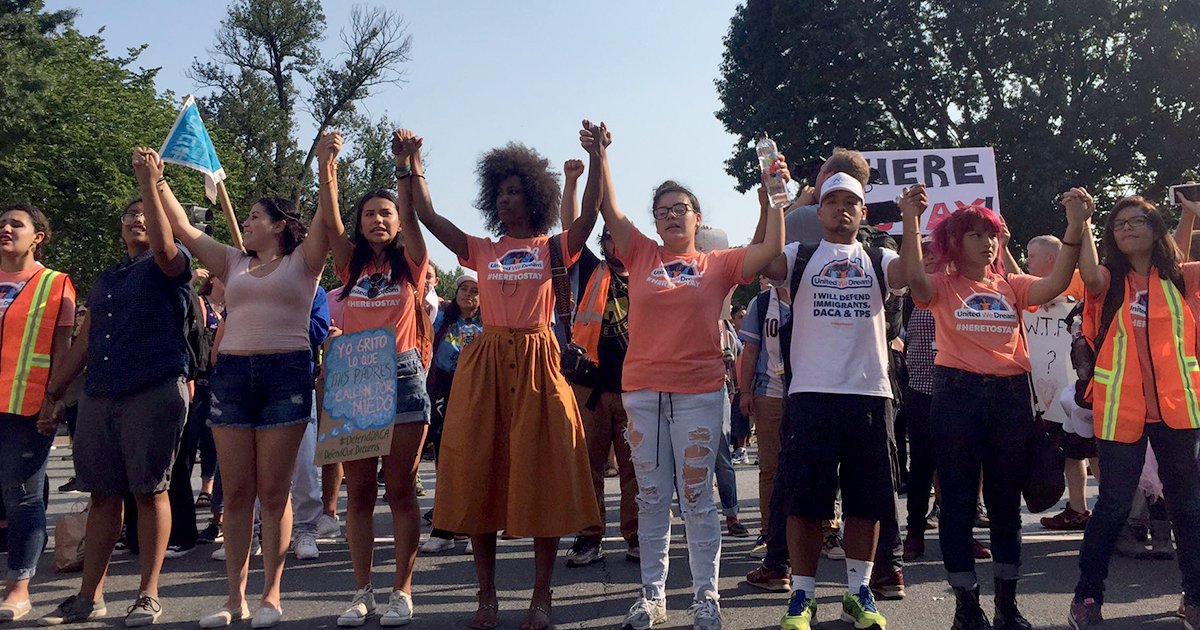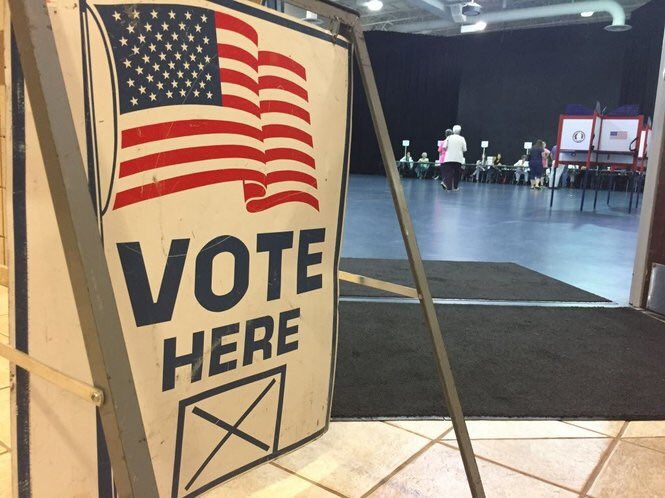The immigrant rights organization
United We Dream Action released a report exploring the views of young Latinos on the issue of immigration, shedding light on one of the most important constituencies in the election of midterm, such as the one that will take place in a few months.
Fake news and disinformation campaigns via digital media hit Latino communities hard before and during the 2020 presidential election, a subject we have already
addressed here.
Some of the news spread via tweets, WhatsApp messages and YouTube videos included conspiracy theories such as the far-right “QAnon”, created in 2017, and unsubstantiated claims about terrorists and criminals crossing the US-Mexico border.
Now, with the 2022 election months away and the two parties vying for the votes, of one of the most important groups in American politics, the mostly youth-led organization is deeply exploring Latinos' online engagement with immigration material.
In this context, the organization teamed up with Harmony Labs, a non-profit research group in New York, to study television and online content consumption habits of more than 20,000 Latinos across the country, who agreed to share their data during the period from January 1 to August 31, 2021.
The survey results suggest that Latinos over 36 were more likely to encounter anti-immigrant narratives than other groups, especially in right-wing political news sites, television, and YouTube.
This gender division was also found in the results obtained in the younger Latino groups. According to The New York Times, “Latinas aged 18 to 35 got information from a much wider variety of news and entertainment sources than their older counterparts, and were more likely to seek out stories not just about immigration policy, but also about immigrants and the immigrant experience. Their search queries and content consumption were curious and community-driven, reflecting ‘a desire to understand and engage with the people and world around them’.”
However, the results in relation to young Latinos in the same age group were very different. “Many young Latino men spent much of their time online engaging with anime and fantasy gaming and did not absorb much media about immigration or immigrants […]. When they did consume immigration content, it tended to be about policy and stemmed from conservative-leaning sources”, according to the publication.
Young Latinas tend to be more liberal than their male peers, and also more concerned with social justice and equity issues such as racism, immigration, and climate change. Despite these differences, both young Latinos and Latinas showed less interest in politics, and their top “political” personalities were influencers who discussed a wide variety of cultural topics.
According to the survey, most young Latinos and Latinas identify themselves as independents or have no affiliations with any of the major political parties. This is partly because many feel alienated from politics and not represented by either party. But let’s remember that in 2020 Donald Trump has improved his performance among these voters in some parts of the country.
“To counter any political messages, this election cycle meant to sow racism, division or voter confusion, Mercado’s group has been relying on ‘promotoras de la verdad’, Latina organizers who serve as “truth warriors” and have been canvassing homes to combat misinformation on issues including the coronavirus, vaccines, Florida’s recently passed law restricting classroom discussion about sexual orientation and gender identity […]”.
The representative of Mercado’s group told The New York Times that “Latina women are organizing to take back the narrative and the disinformation poisoning our community, but they cannot do it alone”.
 unitedwedream.org
unitedwedream.org











